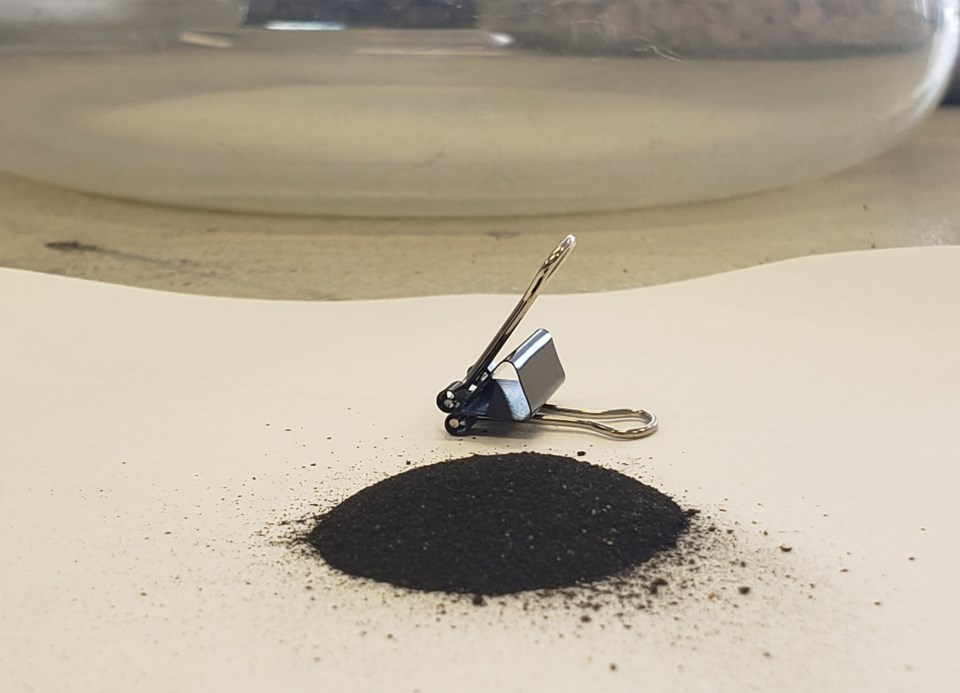Electra Battery Materials has started testing out its battery recycling demonstration plant at its Temiskaming refinery site.
The company announced Oct. 13 that plant commissioning is now underway following the installation of two key circuits, a material feed handling system and a lime delivery system.
Toronto-based Electra is retrofitting an existing refinery, located between the town of Cobalt and the City of Temiskaming Shores, into a cobalt and nickel sulfate refinery. It’s part of a larger industrial build-out on the property, which will feature a recycling plant.
Plant commissioning means inspecting, checking, verifying and testing every individual component before starting normal operations, scheduled for sometime in 2023.
Electra has hugely ambitious plans to build an $800-million battery materials park in northeastern Ontario to supply battery cell manufacturers with the processed material needed to feed the North American electric vehicle sector. The park will be the first of its kind on this continent.
Recycling black mass is but one of component of that operation.
"Automakers are looking for a closed-loop supply chain for their batteries and Electra's recycling process presents a compelling solution to move to a circular model for recycling end-of-life batteries and battery manufacturing scrap," said company CEO Trent Mell in a news release.
Spent batteries and battery cells are typically subject to a mechanical process that involves crushing, sorting and sieving to produce a powder substance called “black mass.” This material contains a variety of valuable metals coveted by the electric vehicle industry.
Electra won’t actually be crushing the batteries. They’ll import black mass from outside suppliers.
In the run-up to the commissioning, the company had sourced black mass samples from suppliers in North America, Europe, and Asia. The process was developed at SGS Labs in Lakefield to recover lithium, nickel, cobalt, copper and graphite.
Electra said in the news release that it plans to process up to 75 tonnes of material in a batch mode.
"Pending completion of the demonstration plant and a review of project economics, success could pave the way towards the build-out of a 5,000 tonne per annum black mass processing facility within our battery materials park in Ontario using existing infrastructure, personnel, and lab facility,” added Mell. “Additional capacity would be added through construction of additional modules as the market for recycled battery material expands."
Electra has already secured a buyer in Glencore AG for all the nickel and cobalt extracted from the recycled material for the first 18 months of operation.
The cobalt sulfate production part of the refinery goes live next spring. Electra has already locked up a buyer for that product with South Korea’s LG Energy Solution, one of the world’s largest manufacturers of lithium-ion batteries.
The nickel sulfate production kicks off in 2024, followed by a cathode precursor (pCAM) manufacturing plant.




